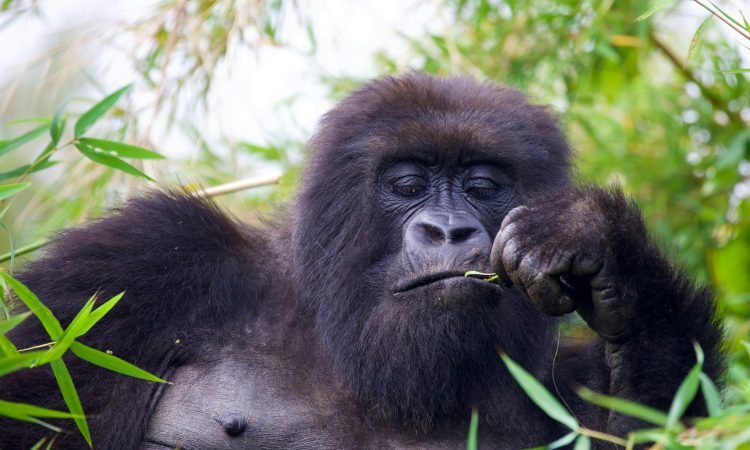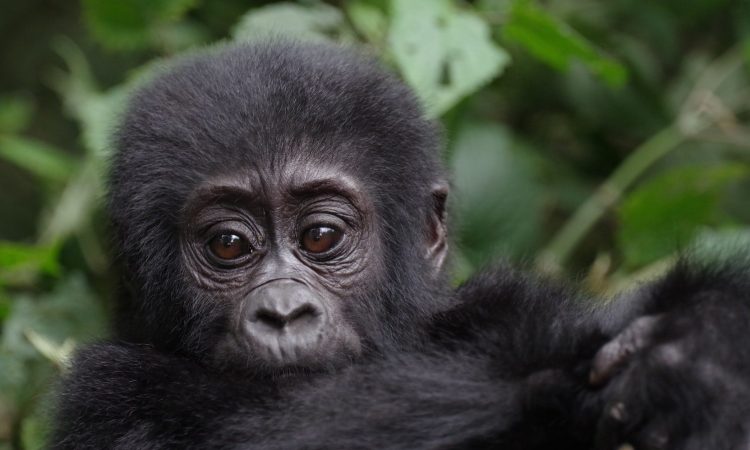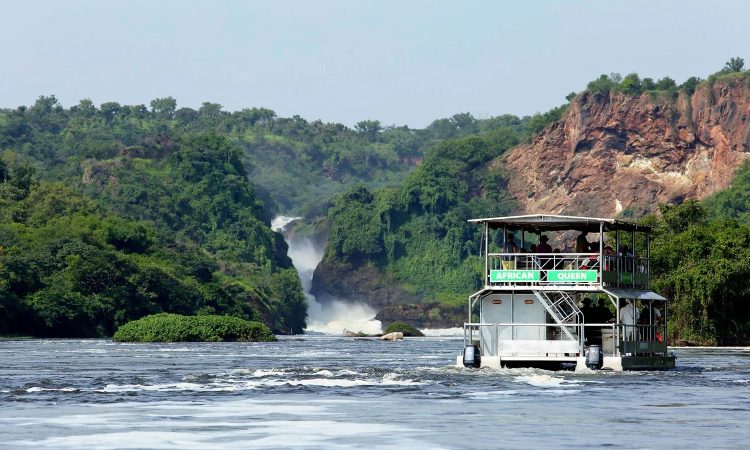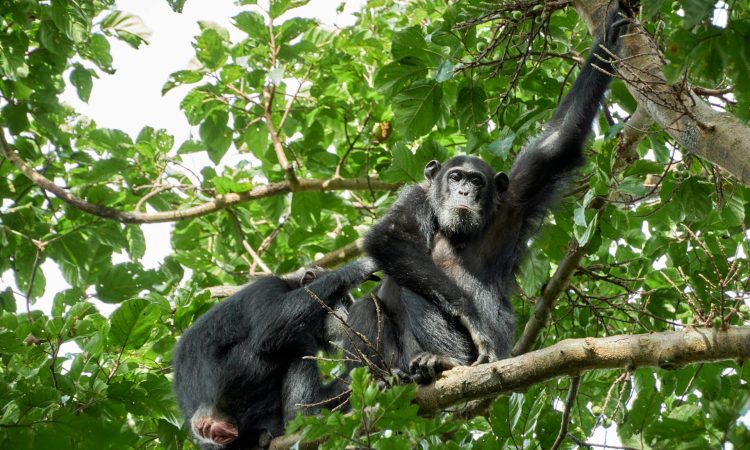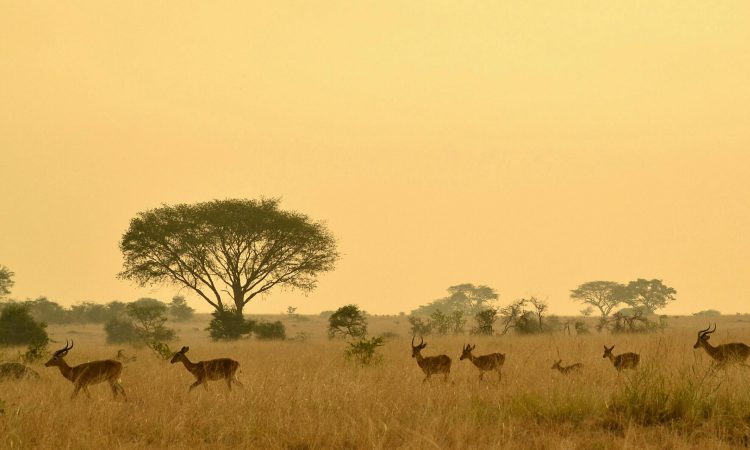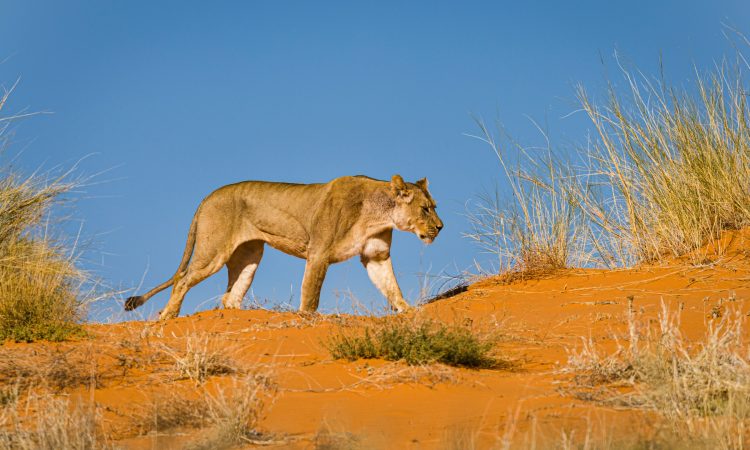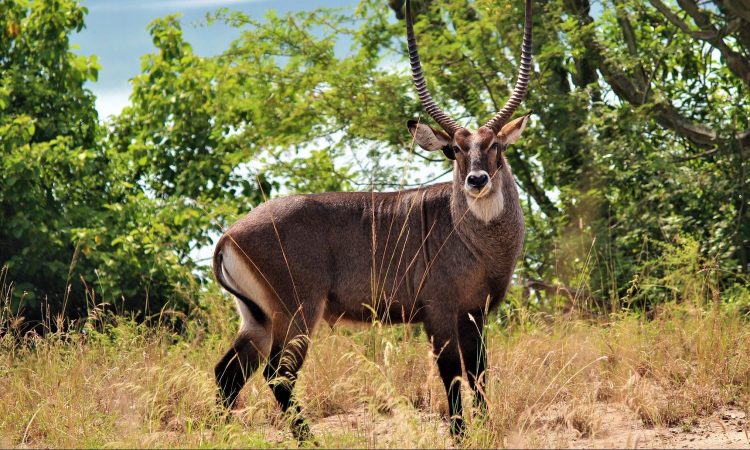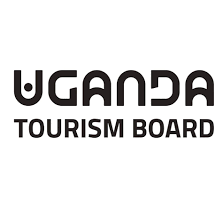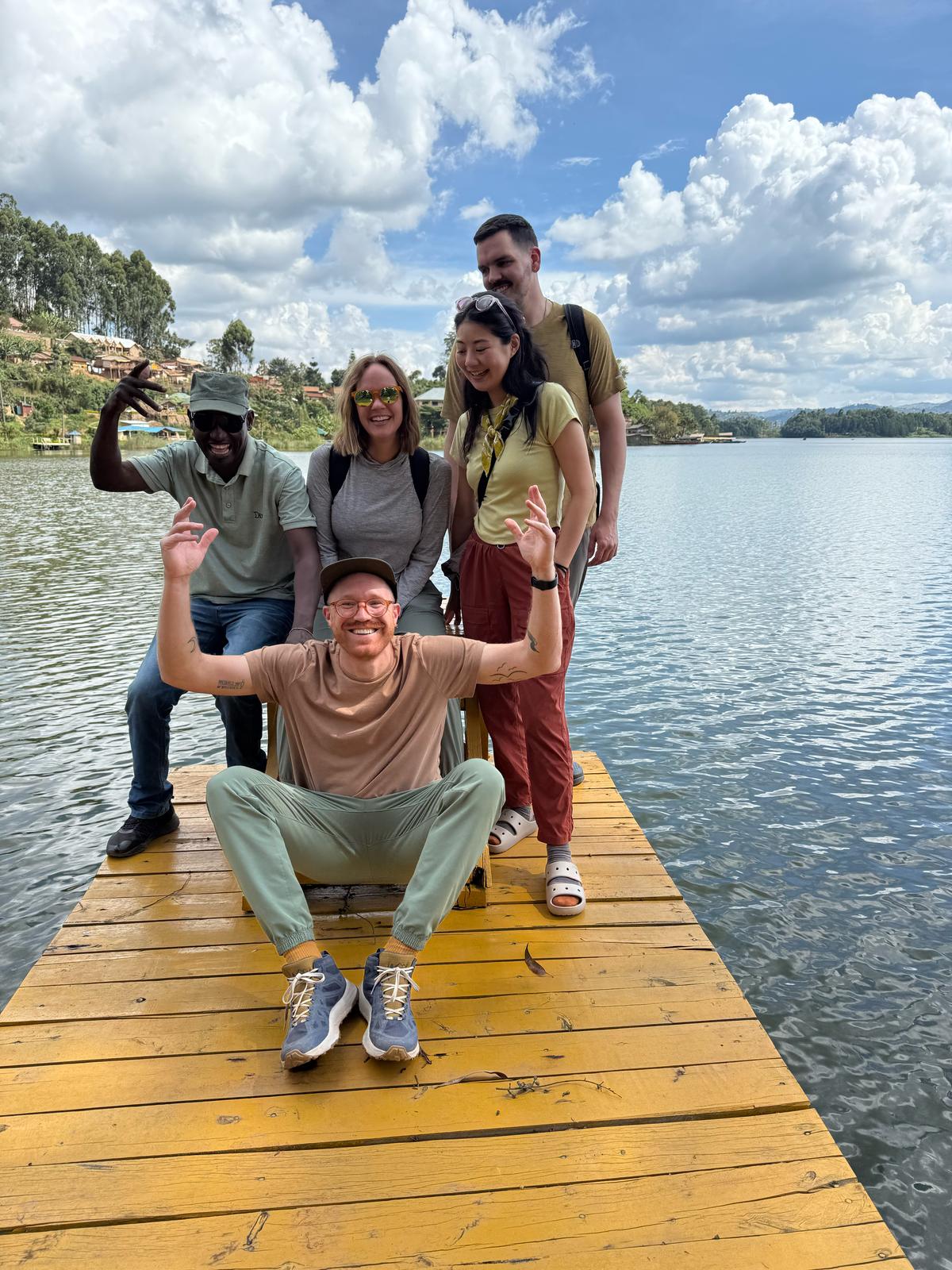The gorilla allocation process considers age, interests, physical ability, and more. Mountain gorillas search for food all day. They rest at midday and feed again in the afternoon before building nests to sleep in the evening.
In the past, Uganda allowed tourists to choose specific gorilla families based on online information. Tourists would read about the groups and pick a favorite. This led to some families being visited often while others were ignored. Some tourists would refuse to trek any group other than their choice. This system had to change.
Uganda later stopped allocating permits per gorilla family and began using a region-based system. Permits are now allocated based on age, physical ability, and other factors. Tourists can choose which sector of Bwindi National Park they want to trek in. The four sectors are Rushaga, Buhoma, Ruhija, and Nkuringo.
Tourists can select a sector, but not a specific gorilla family in advance. On the day of trekking, they may be assigned to a group based on their age, health, and fitness level.
Before the trek starts, trackers go into the forest to find where the gorilla groups are or where they slept the night before. They then inform the park headquarters of the exact locations.
Based on this information, people are assigned to different groups. For example, older or less physically fit visitors are usually given the closest gorilla group to trek.
It is also important to know that children under 15 years old and sick tourists are not allowed to trek mountain gorillas. Gorillas are very sensitive to human diseases and can die in large numbers if infected. You should not book a permit or try to trek if you are sick. When booking, also ask if permits are available in the area you wish to visit.
If you plan to trek mountain gorillas in Bwindi National Park, you should book a lodge in the same sector where you have your gorilla permit. This is because the four sectors of Bwindi are in different locations. If you book a lodge in one sector and a permit in another, you may have to drive 2–3 hours very early in the morning to reach the starting point.
The price of gorilla permits depends on the country. In Rwanda, a gorilla permit costs $1500 per person. In Uganda, it costs $800 for gorilla trekking and $1500 for gorilla habituation. In the Democratic Republic of Congo, a permit costs $400 per person.
Book Your Tour Now
If you want to add more days or visit more places, please contact us through our main contact page using the button below.


